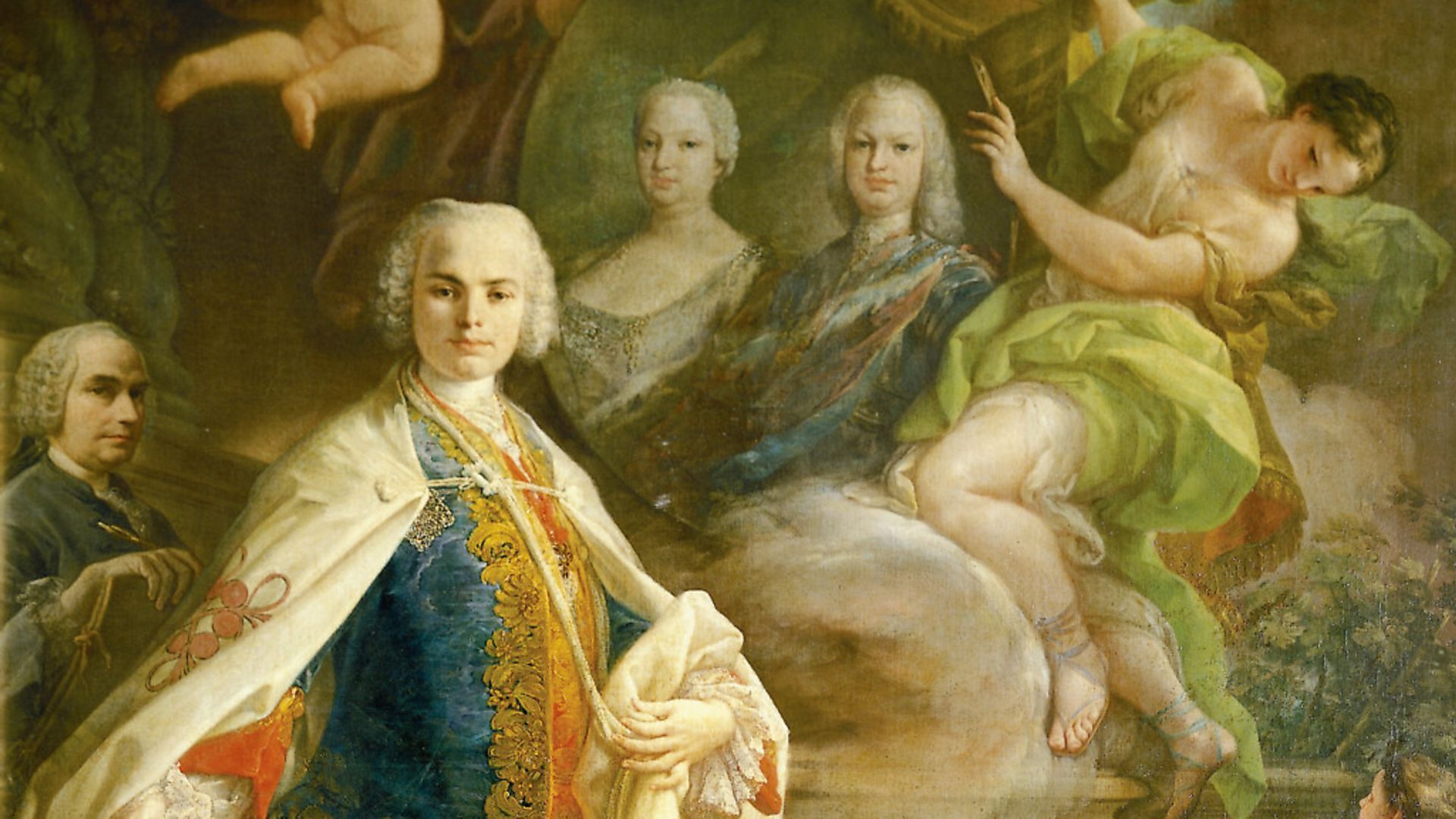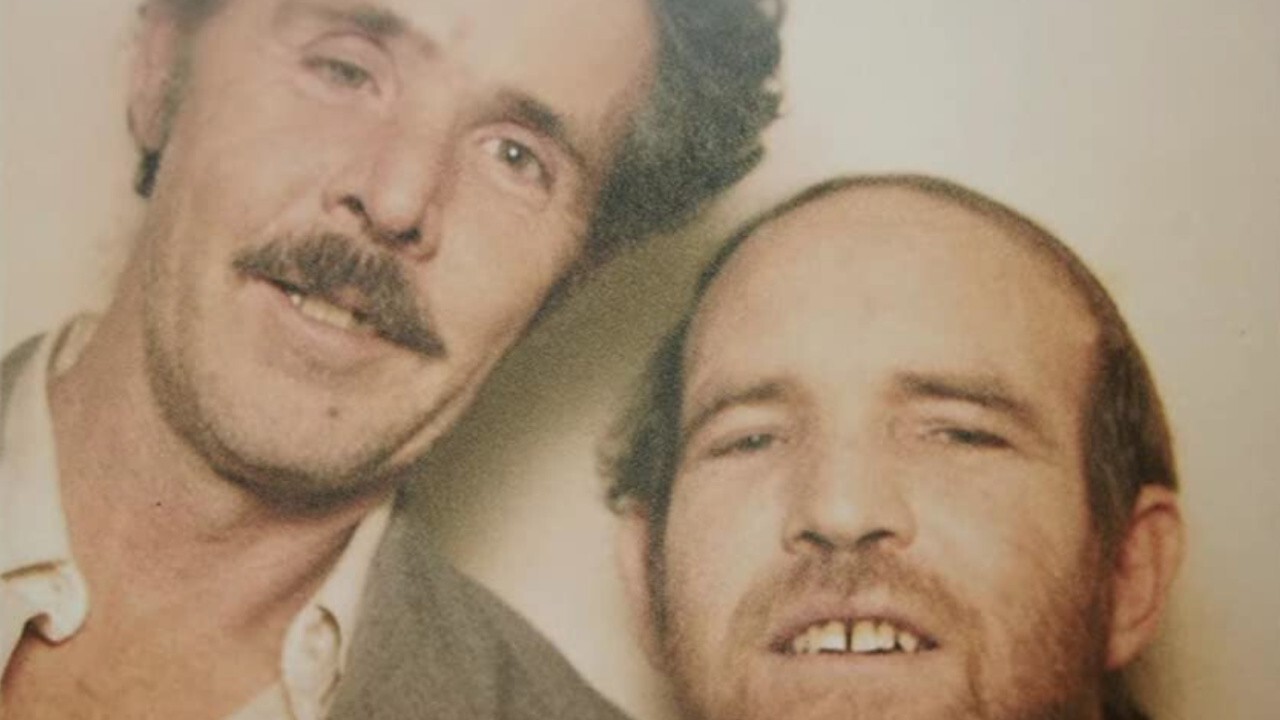
Castrati were male singers castrated before puberty to preserve their high-pitched voices. This practice, popular from the 16th to 18th centuries, created unique vocalists with powerful, angelic tones. Castrati dominated opera stages and church choirs, captivating audiences with their extraordinary range and control. Famous composers like Handel and Mozart wrote roles specifically for these singers. Despite their musical prowess, the practice faced ethical scrutiny and eventually declined. By the late 19th century, castration for musical purposes was outlawed. Today, the legacy of castrati lives on through historical recordings and modern countertenors who emulate their style. Curious about these unique singers? Let's dive into 35 fascinating facts about castrati!
Key Takeaways:
- Castrati were male singers castrated before puberty, known for their high-pitched voices. They faced rigorous training, achieved fame, and left a lasting impact on music history.
- Despite controversy and decline, the legacy of castrati lives on. Their unique music is still performed today, and their influence on vocal techniques and historical research continues.
Origins of Castrati
Castrati were male singers castrated before puberty to preserve their high-pitched voices. This practice was prominent in Europe, especially in Italy, from the 16th to the 18th century.
- Castration was often performed on boys aged 7 to 9. This ensured their voices remained high-pitched as they matured.
- The practice began in the church. Castrati were initially used in church choirs to replace female singers, who were not allowed to perform in churches.
Life and Training of Castrati
Life for a castrato was rigorous. They underwent intense musical training to perfect their unique voices.
- Castrati trained for years. Their training included vocal exercises, music theory, and performance techniques.
- They often lived in conservatories. These institutions provided a structured environment for their musical education.
- Castrati had to follow strict diets. Special diets were believed to help maintain their vocal abilities.
Fame and Popularity
Castrati became incredibly popular, especially in opera. Their unique voices captivated audiences across Europe.
- Farinelli was one of the most famous castrati. His real name was Carlo Broschi, and he was celebrated for his extraordinary vocal range and technique.
- Castrati were the rock stars of their time. They enjoyed immense fame, wealth, and adoration from fans.
- They often played heroic roles in operas. Their powerful voices made them ideal for leading roles.
Physical Characteristics
Castration affected more than just their voices. Castrati had distinct physical traits due to the hormonal changes caused by castration.
- Castrati were often very tall. Lack of testosterone meant their bones continued to grow longer than usual.
- They had a unique vocal range. Their voices combined the power of a male voice with the high pitch of a female voice.
- Their rib cages were larger. This gave them greater lung capacity and breath control.
Controversy and Decline
The practice of creating castrati was controversial and eventually declined.
- Castration was illegal in many places. Despite this, the practice continued in secret.
- The Catholic Church eventually banned castrati. In 1903, Pope Pius X prohibited their use in church choirs.
- Public opinion turned against the practice. As society evolved, the idea of castrating boys for musical purposes became unacceptable.
Legacy of Castrati
Though the practice has ended, the legacy of castrati lives on in music history.
- Their music is still performed today. Modern countertenors often sing the roles originally written for castrati.
- Castrati influenced vocal techniques. Their training methods and vocal styles have shaped modern singing.
- They are subjects of historical research. Scholars study castrati to understand their impact on music and society.
Famous Castrati
Several castrati left a lasting mark on music history.
- Alessandro Moreschi was the last known castrato. He sang in the Sistine Chapel Choir until 1913.
- Senesino was a renowned castrato. He worked closely with composer George Frideric Handel.
- Giovanni Battista Velluti was the last operatic castrato. He performed until the early 19th century.
Cultural Impact
Castrati had a significant impact on culture and the arts.
- They inspired composers. Many operas and compositions were written specifically for castrati.
- Castrati were featured in literature. Authors and playwrights often included castrati characters in their works.
- Their lives were subjects of fascination. The unique circumstances of their lives intrigued people then and now.
Medical Aspects
The medical aspects of castration had profound effects on castrati.
- Castration affected their hormones. Lack of testosterone led to unique physical and vocal traits.
- They often faced health issues. Castration could lead to osteoporosis and other health problems.
- Medical procedures were risky. Many boys did not survive the castration process.
Modern Perception
Today, the practice of creating castrati is viewed very differently.
- Castration for musical purposes is condemned. Modern society views the practice as unethical.
- Countertenors fill the roles once held by castrati. These male singers use falsetto to achieve similar vocal ranges.
- Castrati are studied in historical context. Researchers examine their lives to understand the cultural and musical impact.
Castrati in Popular Media
Castrati have been depicted in various forms of media.
- Movies and TV shows feature castrati. Films like "Farinelli" explore their lives and careers.
- Books and novels include castrati characters. Authors use their unique stories to add depth to their narratives.
- Documentaries examine their history. These films provide insights into the lives and impact of castrati.
End of an Era
The era of castrati ended, but their influence remains.
- The last castrato recordings exist. Alessandro Moreschi's recordings offer a glimpse into their unique sound.
- Their music continues to be performed. Modern singers and musicians keep their legacy alive.
- Castrati remain a topic of fascination. Their extraordinary lives and voices continue to captivate people today.
The Legacy of Castrati
Castrati left a unique mark on music history. Their voices, a blend of power and purity, captivated audiences for centuries. Despite the controversial practice behind their creation, their influence on opera and classical music remains undeniable. These singers pushed the boundaries of vocal performance, inspiring composers and leaving a lasting legacy.
Understanding the history of castrati helps us appreciate the evolution of music and the sacrifices made for art. Their story is a reminder of the lengths to which society once went to achieve musical perfection. Today, while the practice is thankfully obsolete, the music they inspired continues to be celebrated.
In the end, castrati were more than just singers; they were pioneers who shaped the world of music in ways still felt today. Their legacy, though complex, is a testament to the enduring power of the human voice.
Frequently Asked Questions
Was this page helpful?
Our commitment to delivering trustworthy and engaging content is at the heart of what we do. Each fact on our site is contributed by real users like you, bringing a wealth of diverse insights and information. To ensure the highest standards of accuracy and reliability, our dedicated editors meticulously review each submission. This process guarantees that the facts we share are not only fascinating but also credible. Trust in our commitment to quality and authenticity as you explore and learn with us.


